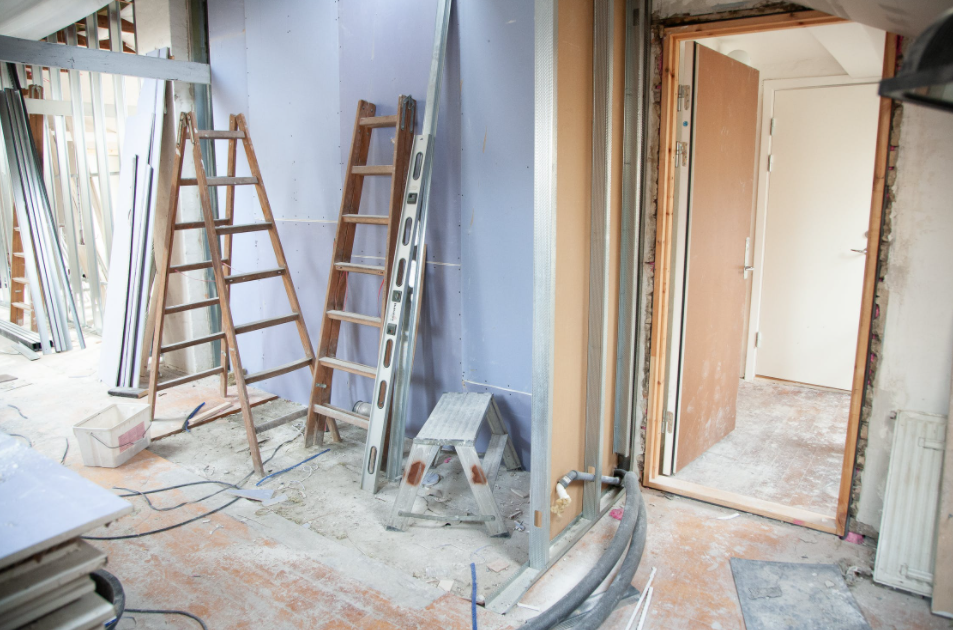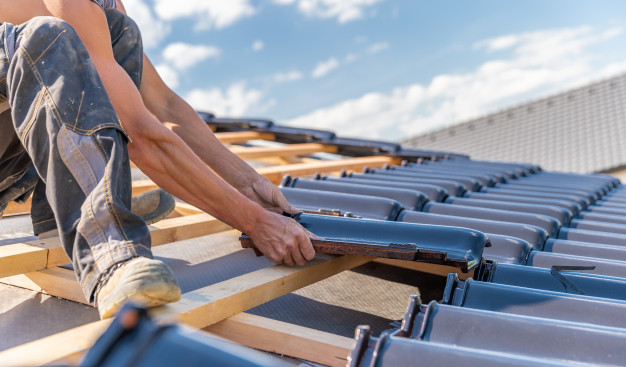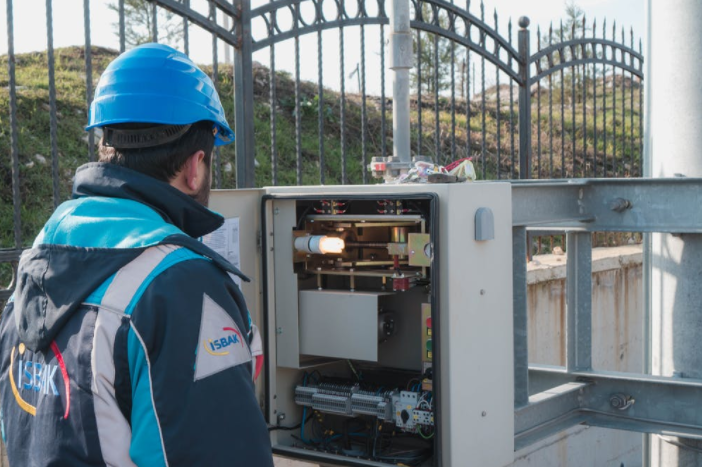Things to Consider when Renovating your Home in Retirement

Are you retired and thinking about renovating your home? Then this article is for you!

Photos By: Unsplash
Retirement is a perfect time to do the things you have always wanted to do. You might want to travel the world, read the classics or renovate your home. You don’t have to renovate your current property either – you could venture into a new area or country instead. In your retirement, you are likely to have more money and time to spend on a property. Here are a few tips on how to renovate your home in retirement.
Plenty of Planning
You need to plan your renovations and thoroughly research what you want to do. You need to choose renovations that will benefit your home and lifestyle for years to come. Opt for classic styles that will age well throughout the years – instead of trend-based interiors. For example, a neutral colour palette will brighten up the space and match almost any furniture you have. You might love an interior trend now, but you could grow to hate it in a few months.
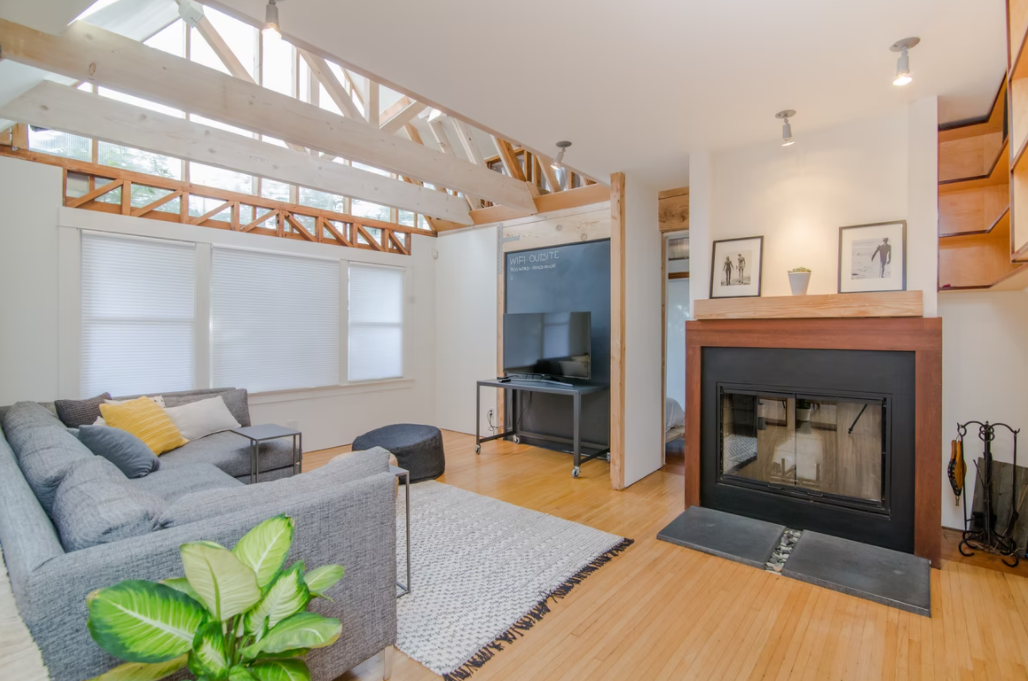
Do your research and find reliable companies that do not rip people off in retirement. Look up reviews, find trusted companies and avoid getting scammed. Ask your friends and family for some recommendations of tradespeople in the area.
Budgeting and Funding
You need to keep a close eye on your finances during the renovation. It’s easy for budgets to slip and for spending to get out of control. You need to set aside some money, just in case things go wrong with delays, materials, and weather conditions. If we have learned anything from Grand Designs, it’s that things will go awry. If you are over 55, opt for an equity release from your home and use it to fund your renovation. Equity release is a fantastic security net to have when renovating your property.
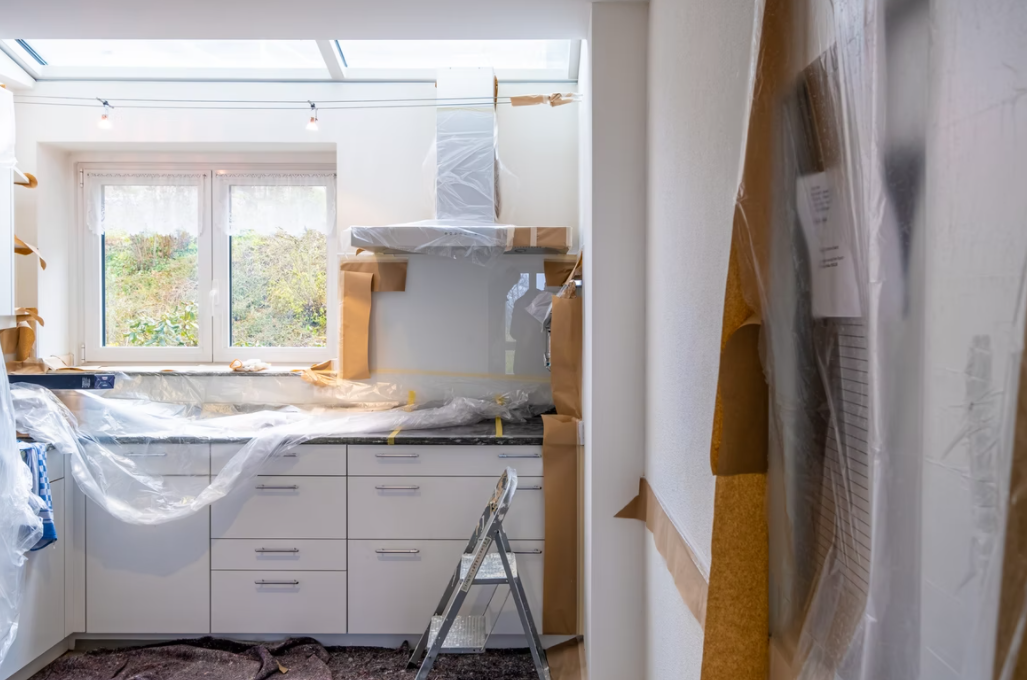
Accessibility
You need to think about the future of your home and how accessible it is. You might want to expand the doorways and hallways for wheelchair accessibility purchases. You could add a handrail in the shower for extra support and a stairlift if your bedroom is upstairs. Alternatively, you could consider converting one of the rooms downstairs into a bedroom and en-suite. A downstairs bedroom and bathroom can make a world of difference if you cannot climb the stairs in the future. Try to think ahead, so you don’t have to do another renovation in ten or twenty years. You might not need an accessible home now, but you don’t know what the future holds. Be prepared, and your future self will thank you for it.
Have fun with the renovation process and make your home the perfect safe haven for your retirement.


